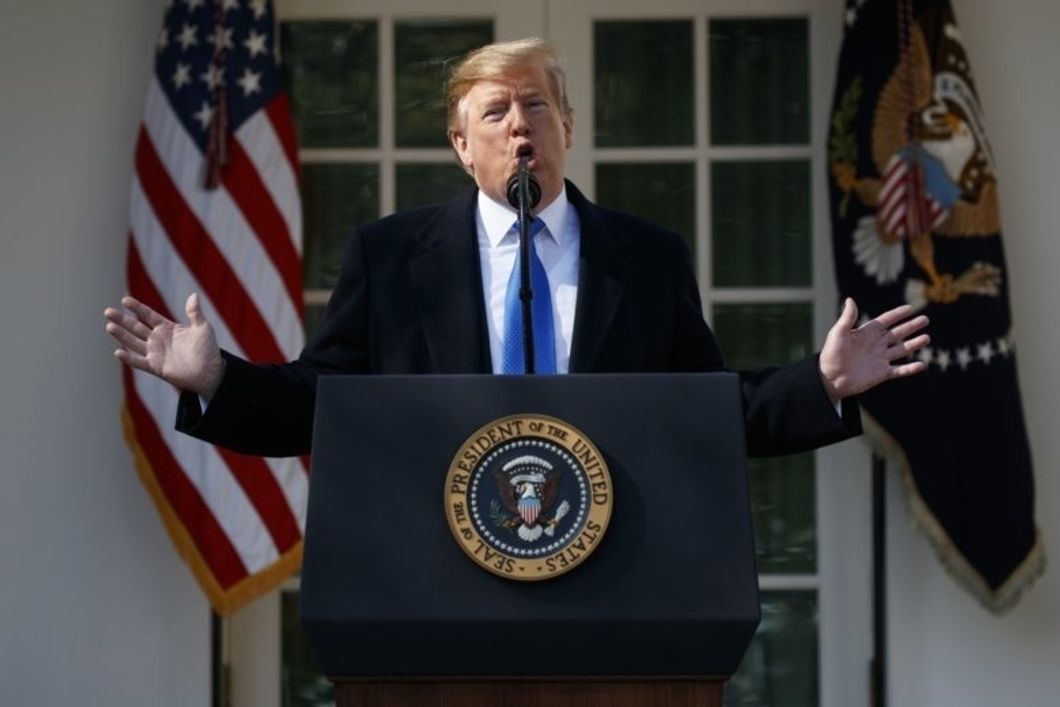On Friday, February 15th Donald Trump issued a national emergency in response to Congress's refusal to provide full funding for his southern border wall. While some argue that his actions are legally protected, others argue that this is a clear abuse of power. But still, a lot of individuals aren't really sure what this national emergency actually entails. Here are six things you need to know.
1. On Friday February 15th, Donald Trump declared a national emergency in order to pay for his wall along the U.S./Mexico border
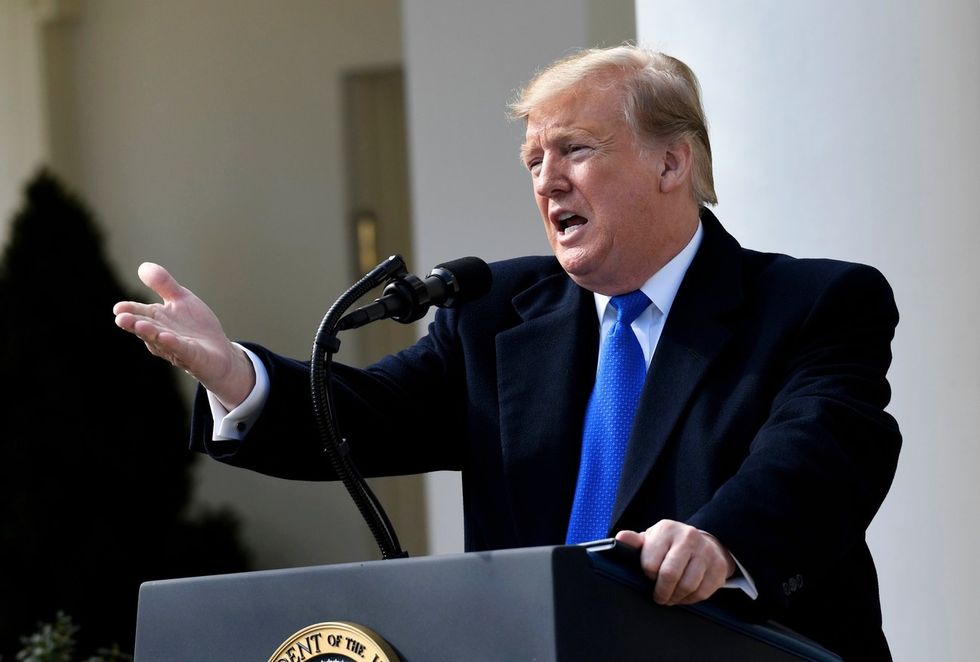
President Trump declaring his most recent national emergency to the public on Friday, February 15th.
This declaration comes after Congress's refusal to grant the White House's $5.7 billion dollar wishlist to construct a 215 mile-long concrete wall. Rather, the Trump administration had to settle for a $1.4 billion dollar budget that would provide for 55 miles of new border fencing. (Fun fact: this means that Congress is only providing 2.45% of Trump's desired budget).
2. Trump's declaration (so far) is valid under the National Emergencies Act
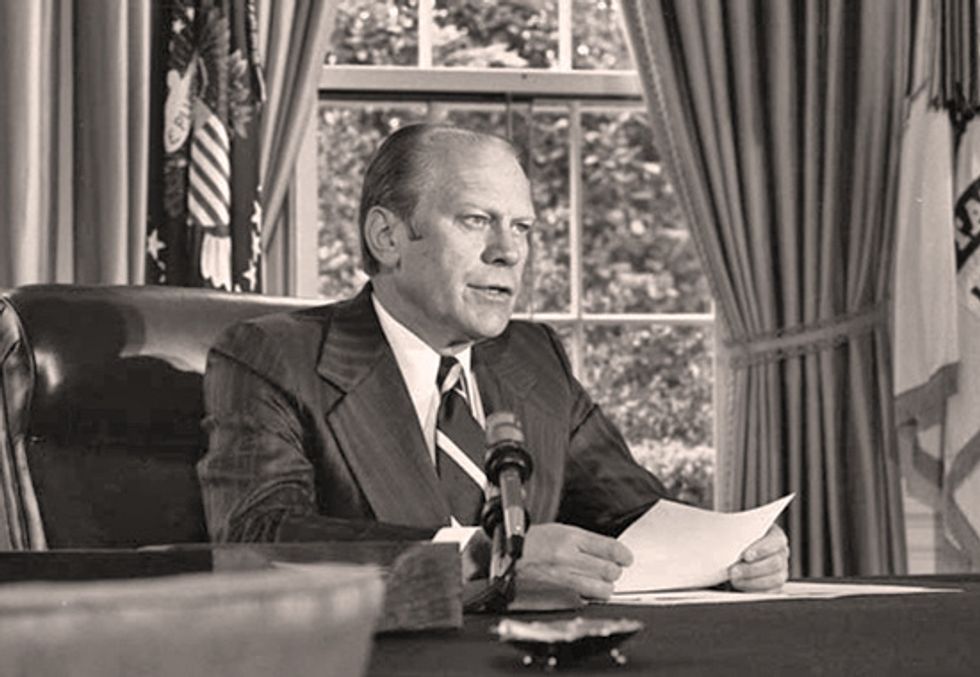
President Gerald Ford
Enacted on September 14, 1976, under President Gerald Ford, the National Emergencies Act authorizes the president to declare, well, a "national emergency." When declaring, the president must outline the emergency powers he is using under existing statutes. Yet, the exact definition is not spelled out in the Constitution, meaning there are no set criteria for what actually constitutes a national emergency; rather, it is up to the President's own discretion to decide under what circumstances the nation is substantially threatened.
3. There have been 58 national emergencies called by the President since 1979 - and don't worry, Trump made sure to point this out
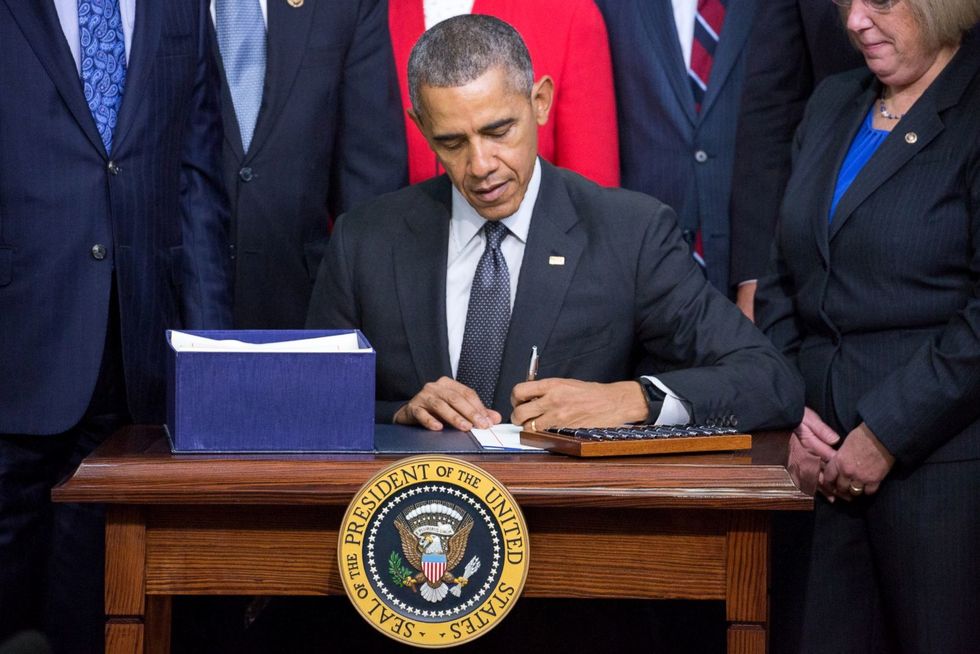
President Obama signing the Every Student Succeeds Act in 2015.
During his speech on Friday, the 15th, Trump cited the nearly 60 instances in which previous presidents have declared national emergencies as a means of justification for his use of executive power to build the border wall. (Trump is actually credited with issuing three emergencies prior to his most recent). Yet, none of these past emergencies have involved the commander in chief dancing around legislators to spend money on a plan for which they refused to provide funding. Rather, the majority of such instances were issued to impose sanctions on a range of foreign groups and officials that violated human rights or posed a threat to national security.
4. Theoretically, Congress can stop this. But it's not likely
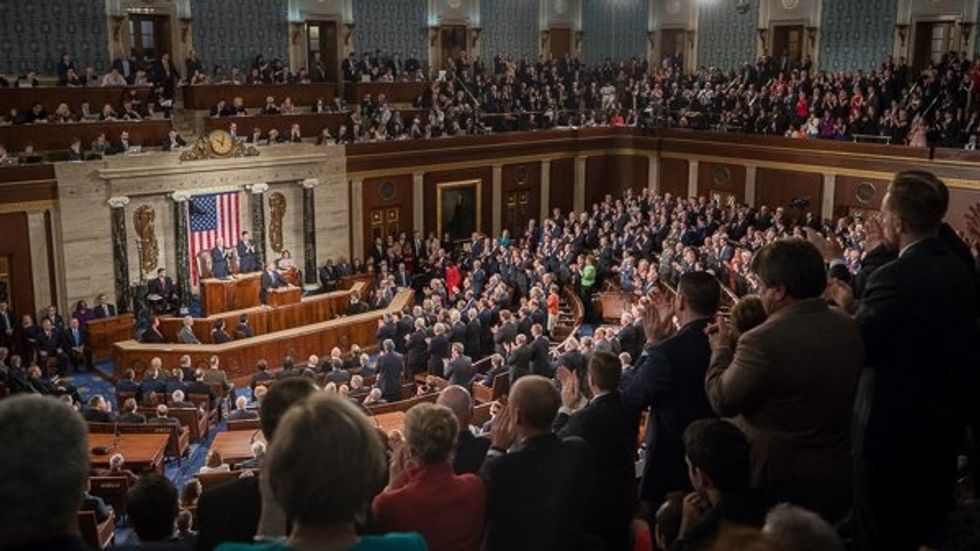
Originally, the National Emergencies Act stated that Congress, through a simple majority vote in both the House of Representatives and the Senate, could repeal a Presidential emergency declaration. Yet, this was amended in 1983, as the Supreme Court ruled that this breached the principle of the separation of powers. If Congress, in both houses, could have a veto-proof supermajority vote, then Trump's national emergency could potentially be stopped. But considering Congress is more divided than ever, this is pretty unlikely.
5. 16 states have have sued Trump over his national emergency
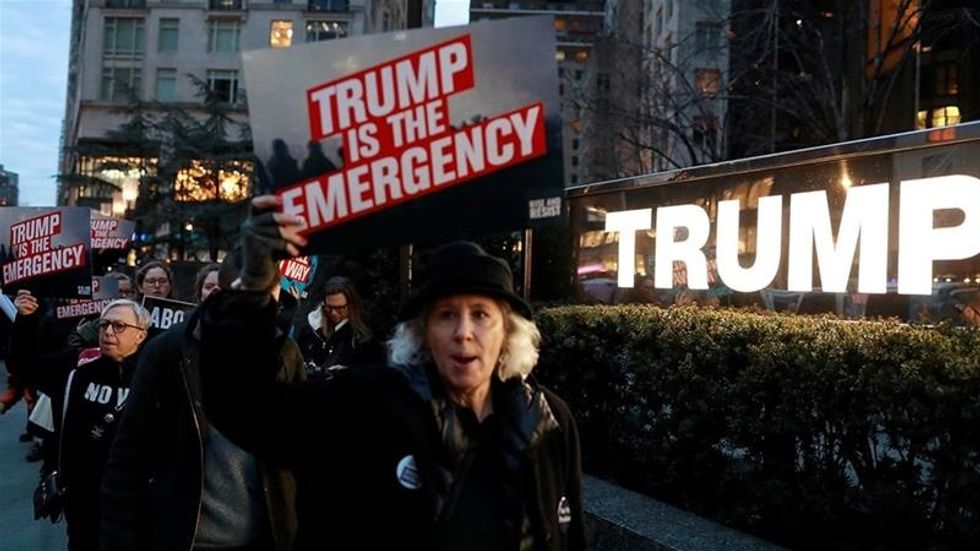
On Monday, February 18th, a coalition of 16 States (including New York and California) legally challenged Trump, as questions have risen over the constitutionality of the scope of powers currently held by the President. The claimants hold that the president does not possess the authority to allocate funds to a wall along the Mexican border due to the constitutional principle that Congress is the sole branch that controls spending. The suit claims that the states are taking legal action in order to protect their natural resources, economic interests, and their residents.
6. Trump's declaration is creating a precedent - and we're not really sure if it's good or bad
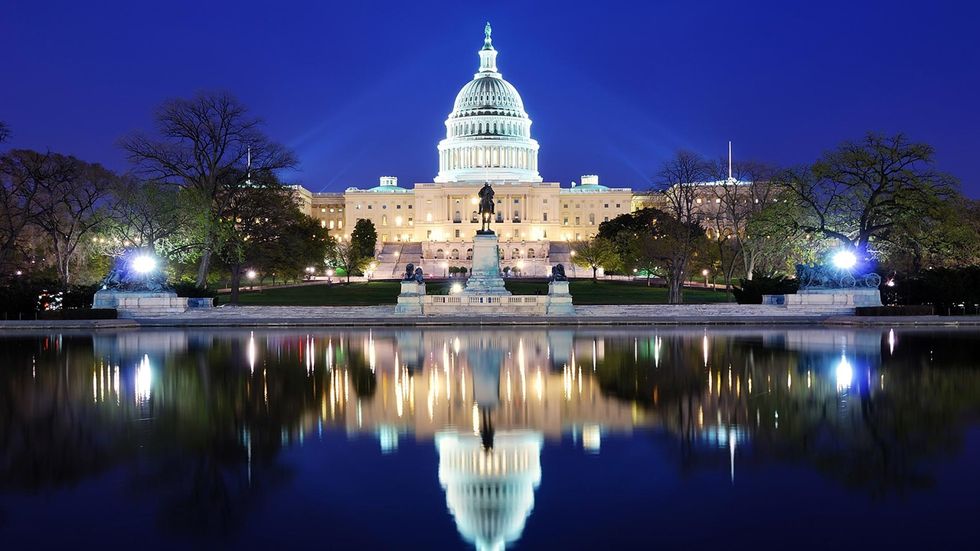
Trump's declaration of a national emergency sets the precedent that the president can use the National Emergencies Act as a tool to avoid the normal system of checks and balances to fund projects without regard for the other branches of government. Of, course, this initially seems bad, as the president is implying that they are above the courts and the legislature and, if future court cases reveal that Trump's actions are constitutional, this could allow the executive branch to prioritize real emergencies the present themselves in the future. For instance, for today's President, the emergency is border security but for tomorrow's president, the emergency can range anywhere from climate change to gun safety laws.

